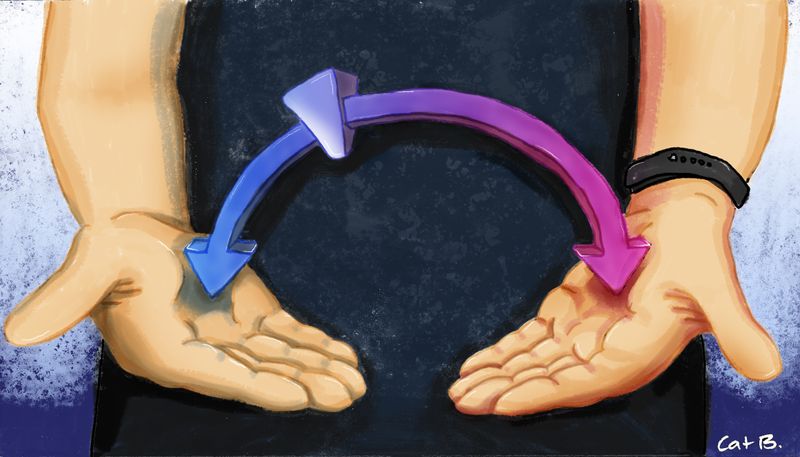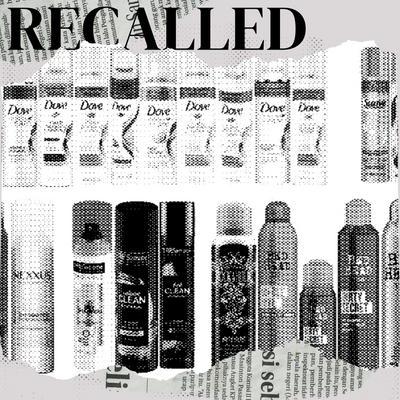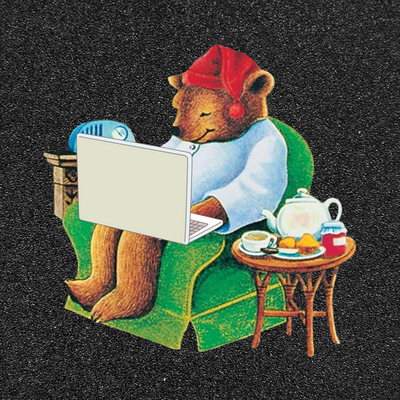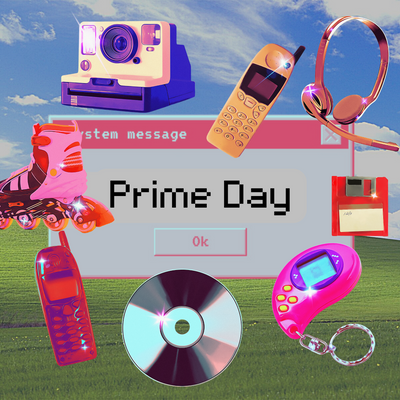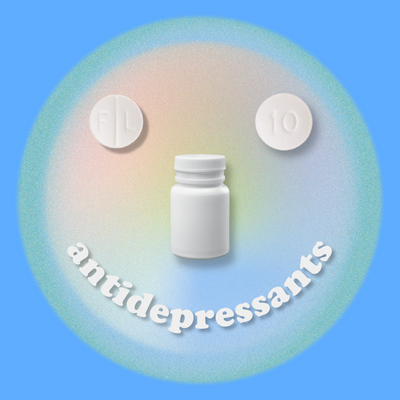
Before barbershops were cool and LGBTQ+ issues were being pushed forward, there was @rudysbarbershop. Since ‘93, this Seattle-based hub has been a proponent for inclusion, helping all people – straight, gay, bi and in between – express themselves through hair. 25 years, a product line, and many barbershops later, Rudy’s is still championing the cause of identity. True to their ‘For Everybody’ roots, Rudy’s supports partners like @itgetsbetterproject and @lalgbtcenter and donates shower products to shelters that serve LGBTQ+ youth.
It was at a swimming pool when clarity finally floated to the top.
It was in California where the weather’s either warm or extra warm, and Kai Tse, then 15, was wading in a pool. Other boys were shirtless, dunking into the pool, their bare chests sizzling under the sun. Kai looked around cautiously. As he swam into the water, he looked down, realizing he felt uncomfortable in his one-piece bathing suit, the same girls would wear.
Teenage years are confusing. But when you’re trans, going through puberty is often times excruciating. Kai is like the 150,000 American teenagers ages 13-17 who identify as transgender. That’s 1 in 137 young people who say they’d choose transgender if they were asked in a survey, according to a report from the New York Times. This is in contrast to 1.4 million adults who identify as transgender.
“People kill people like me.”
Though 150,000 seems like a significantly smaller number compared to the adult transgender population, it’s one that’s growing year to year. One theory is that it’s because young people are more educated and aware of transgender identities. In turn, many feel more comfortable and empowered coming out to their parents and friends. This is certainly backed up on YouTube where there are thousands of videos of trans teens coming out, documenting their journeys from pre-hormone treatment to post.
“He was only 16 and I didn’t know if I was in denial or if he really knew what he was going through.”
Which is exactly what Kai did. He turned to YouTube and was glued to his phone’s screen, watching video upon video. That day in the pool became transformative for Kai. At the same pool was another trans teen who was also wearing a shirt over his bathing suit. In him, Kai found his first ally. Both texted each other not only as support systems, but as to share education they’d find on the Web.
“Mom,” he said, nervously. “I have something to tell you.”
“I didn’t know I was trans until I did a lot of research,” Kai says to Very Good Light. “I didn’t have education. And I also kind of knew Chaz bono and Caitlyn Jenner but other than that I didn’t have experience with it until I started looking online and YouTube.”
It’s after finding the right verbiage that Kai found that transgender was exactly what he was. That’s when he mustered the courage to come out to his mother. He was absolutely terrified. They were both in a car, just having dropped off a friend. It was late in the night, around 9. In the silence, Kai looked at his mother.
“Mom,” he said, nervously. “I have something to tell you.”
It was a moment his mother, Sung, would never forget. He’d always been a tomboy, she thought. “He was only 16 and I didn’t know if I was in denial or if he really knew what he was going through,” she says.
Prior to coming out, Kai had been distant from the family. For years, Sung says, he’d be removed from the family, holed up in his room. “We gave him space and thought it was just puberty. But his personality changed.” Maybe it was just teenage angst, she thought.
But at that very moment in the car, everything seemed to fall into place. All of those years of wondering came to a sudden halt. He was transgender. He wasn’t a girl. He never was. When they got out of the car, Kai took a piece of paper and drew a line so she could better understand. On one side of the line was his dad, on the other, his mom. To explain who he was and what he was feeling, Kai marked a line towards his dad’s side. It was that drawing that allowed Kai’s parents to better understand.
With the support of his family, Kai eventually came out to his friends on Facebook. It was on June 12, 2016, his birthday, a day that happened to coincide with the shootings at the PULSE nightclub in Orlando. For Kai, that was a bigger push for him to come out into his own.
“Mom, people kill people like me,” he said to his mother. “What if I die and never got to live being me, being who I am?”
After coming out his senior year, he decided to get top surgery and then go on testosterone. Now, 18, he’s happy with how far he’s come.
We asked Kai and his mother, Sung, to discuss that coming out experience.
This is their conversation:
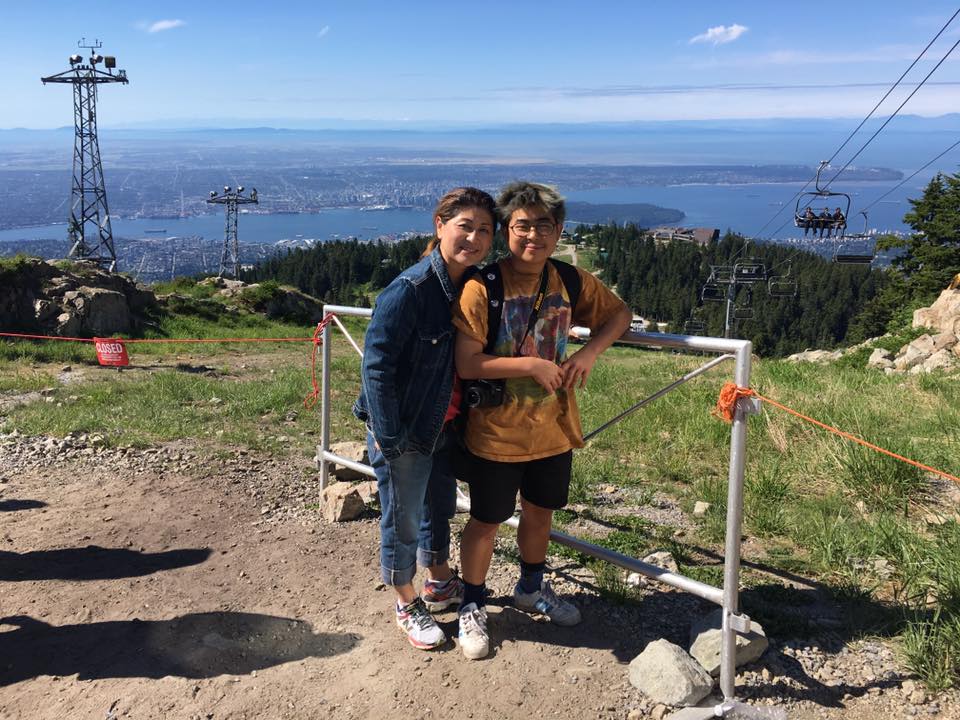
Sung:
The way you explained non-binary and transgender really made sense to me, and I’ve used it to help other people understand. Is this line graph you used, where ‘male’ is at one end and ‘female’ is at the other – did you come up with this yourself?
Kai:
Technically, I did make up that graph, but the concept that gender is not so rigid has been talked about for ages.
S:
I had no idea – I was really unprepared and surprised when we had that conversation. Was it difficult to come out to me?
K:
I mean I had the normal fears anyone would have coming to someone about something they have been hiding for years. I was pretty confident you were going to react positively, but the fact that there was even a slight chance you would’ve rejected me scared me.
S:
I didn’t even know you were going through this – just thought the changes in your personality had to do with ‘teen angst’, a phase you were going through. So, what ultimately pushed you to tell me?
K:
Just overall tiredness is what drove me to come out. I also think the Orlando “Pulse” shootig had a large impact on my coming out process. I couldn’t live another day in the closet after that. I didn’t want to have the possibility of dying and people not knowing my true self.
S:
So terrible that shooting happened on your birthday…I never cried in the past on your first day of school. But, when I dropped you off at school, the first day of your senior year in high school, after you came out on FB, I went home and cried. I was afraid of the reaction you would receive from people and friends at school.
K:
What was going through your mind when I told you i wasn’t a woman but that I also wasn’t a man?
S:
Well, I was still trying to absorb what you said about the gender binary, but when you said you didn’t identify as a woman, I wasn’t too surprised because of what a tomboy you were from a very early age. You never did anything typically girly. I bought you a doll house when you were about 3 and you showed zero interest.
K:
It seemed that you always knew I was different..? What did I do as a kid to make you think that?
S:
Well, there’s that incident when you cried and cried when I put you in a dress. I think you were 3 at the time. When you were 18 months old and barely speaking, your aunt handed you a wrapped Barbie doll for Christmas, you opened the corner, saw the pink, handed the doll back to her with a firm”No.” We all laughed, but that was the first tangible moment in my memory.
K:
Were you sad when you came to the conclusion that you were losing a daughter?
S:
Initially, yes I was, especially when I looked at your pictures as a toddler because you were so adorable. But, I spoke to trans man and he said that I was mourning someone who never was. That you are who you are supposed to be now. By that time, had a much better understanding of how you had struggled, so when he said that it was like a lightbulb went off i my head.
K:
What was it like to tell your friends, long-term and recent, that I changed my name and pronouns?
S:
I didn’t tell anyone at first, except your Dad. We had hoped it was a phase that wouldn’t last. But, when we realized it wasn’t, I was encouraged by how brave YOU were and was actually anxious to tell everyone – my church friends as well as other friends. I figured I would find out who truly were my friends and would support me. And, they sure made their positions known. But, I did receive a lot of support when I made my public post on FB.Do you have memories of your childhood when you felt something wasn’t quite right?
K:
I don’t think there was anything ‘wrong’ with my childhood, I got along with everybody and I felt respected, but there was definitely a feeling of judgement and confusion coming from the kids around me because of how I dressed in ‘boys clothes’ and played the typical ‘boy games.’
S:
So, you felt different from the other girls?
K:
I mean, I didn’t talk about what the other girls talked about and I dressed differently.. .that’s it.
S:
I know you struggled and went through a very difficult time before you realized you were transgender. Are you still having a difficult time?
K:
No, I don’t think so. I think I’ve come to terms with everything regarding my sexuality and gender identity. I feel the most comfortable in my body than I ever have.
S:
Even though I have found wonderful LGBTQ support groups, I am very frustrated that Asian communities are not supportive and the support groups have generally been outside of the Asian community. I am so thankful that I found an inclusive church and affirming clergy. I am angry and sickened by how the LGBTQ people are treated terribly by Christians who should be at the forefront of fighting for LGBTQ rights, and loving them.
As a long-time supporter of the LGBTQ community and the It Gets Better Project, Rudy’s has partnered with world-renown artist, public speaker, and author Dallas Clayton to create a line of custom tote bags and stickers supporting Coming Out Day and the LGBTQ community. With every purchase of the custom Baggu tote, sticker sheet and Think About Someone You Love booklet (total cost: $21), Rudy’s will donate $5 to the It Gets Better Project. Our collective hope is to inspire people young and old to celebrate their individuality and this special moment.

